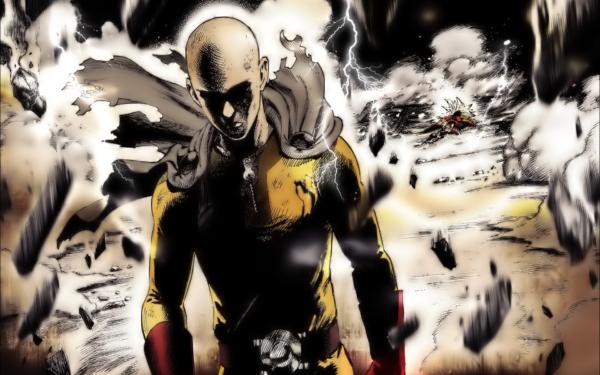
Saitama approaches superheroing as a hobby. What’s his main problem as a part-time superhero? Outside of supervillains attacking during grocery store sales, Saitama struggles with being too powerful. One Punch Man explores what happens when a superhero attains the apex of power and is no longer challenged. I’m watching the series on Toonami, and I haven’t seen every episode yet. So these impressions may change.
Anime heroes strive to become stronger, faster, and better. But what happens when they can’t get any stronger? What happens when they get powerful enough to kill Superman with a single punch? What happens when there is nothing to strive toward? One Punch Man answers with boredom and apathy. Saitama gets more excited about a sale than a villain appearing. Although he hopes one villain, some day, will provide the rush only a challenge can bring. Throughout anime, shonen heroes pit themselves against villains and obstacles in order to prove their power level and to feel a rush. Saitama no longer has villains that can do this. One punch ends it. He avoids the contrivance we see in Dragonball Z and Bleach of holding back power and slowly increasing it. Those shows use that method to build tension. In One Punch Man, villains follow this contrivance and expect Saitama to do the same. Only Saitama lacks hidden power reserves. He’s power incarnate. He also scoffs at the verbose speeches shonen characters love. Despite his boredom, he can’t turn a blind eye to crime, but he lacks the protection instinct we see in shonen heroes. He doesn’t proclaim he will protect people. He simply does it, but he does it on his own terms and cares little about the fallout. Apathy stands at the core of his character.
For someone like me who has grown tired of shonen tropes, One Punch Man stands apart. At the core of it, superheroes are rather ridiculous. They don spandex and face impossible creatures. I knew One Punch Man was something special when I saw the first villain: a lobster man in underwear. I know, I know. Superheroes are meant to be fantasy, but they struggle with power creep that leads them to ever-more ridiculous scenarios. One Punch Man reveals this with its quirky events and mashed up freaks.
When you look at classic fantasy, the heroes rarely achieve god-level powers. Yet, when they do, the story twists in a way that makes those powers worthless. Take the Wheel of Time for example. Rand slowly gains stronger abilities in the story’s version of magic. He eventually wields the strands of reality itself. But despite having these god-level powers, he finds himself faced with a foe he can’t vanquish. Namely, because he shouldn’t. Superheroes, on the other hand (and I’m mostly looking at shonen heroes), rarely find a villain they shouldn’t vanquish, as opposed to unable to vanquish.
I’ve never been much of a comic book superhero fan. I do, however, enjoy shonen heroes to a degree. Shonen heroes are made, not born like most comic book superheroes. I prefer the communal effort of shonen heroes. They become heroes through their effort and the help of their friends. Saitama, like American superheroes, is self-made. He trained to become powerful, but unlike Goku and other heroes, he trained alone. He achieved his power in the American way (more or less) than the communal Japanese way.
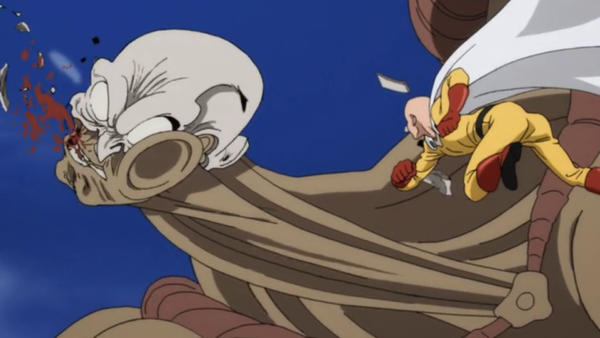
Okay, this post has meandered quite a bit. I’ve gotten away from writing personal posts like this, so I thought this would be a good break. While I enjoy satire, it proves difficult to discuss because discussing it makes satire lose its impact. It becomes dry and dull. I could tell you how Saitama pokes fun at superhero and shonen hero tropes in various scenes, but it’s better for you to watch it for yourself. If you are a fan of shonen like Bleach, give One Punch Man a watch. If you are a fan of American superheroes, give One Punch Man a watch. It may not be for everyone, but this is one story that points out just how ridiculous the modern hero narrative can be.
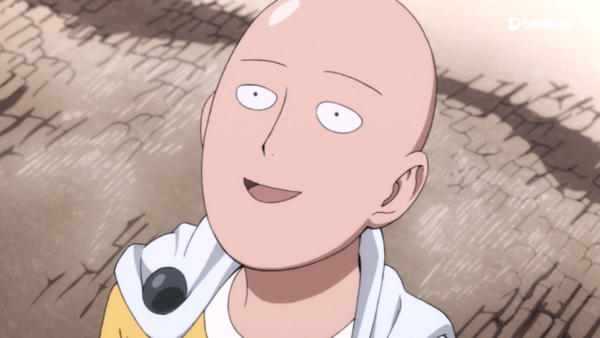
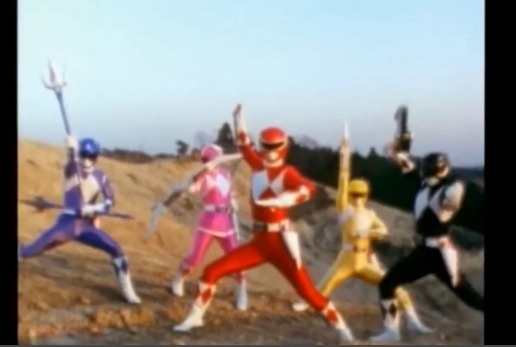
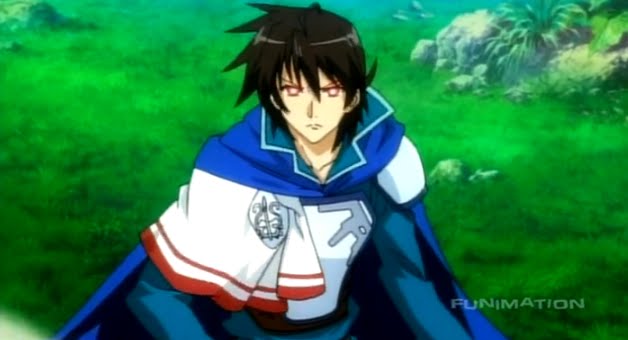
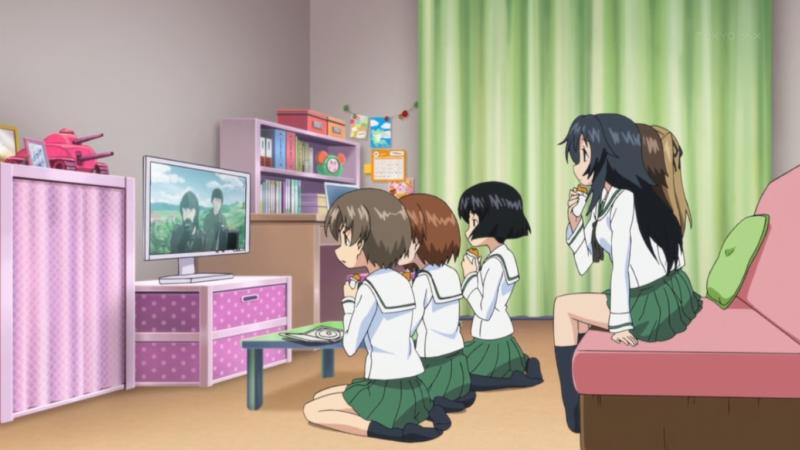
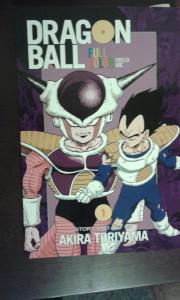
This article really spoke to me. I’ve read the Superman/Doomsday comics, finished all of One Punch Man, and read all of The Wheel of Time series. One Punch Man made a good first impression on you. Did you finish it and feel any differently about it?
I finished the anime and my impressions remained mostly unchanged. Saitama remained an antihero–still using his powers with a selfish motivation. Mumen Rider, despite having no real powers, makes a good foil for Saitama, embodying the usual superhero virtues. I plan on rewatching the series at some point to see what details of the satire I’ve missed.